Assumption: Most plant diversity in Missouri is near the ground

Assumption: Recent invasive species (Asian Bush Honeysuckle, Winter Creeper/ Climbing Euonymus, Bradford pear…) have severely transformed our natural landscapes, especially at the ground level.
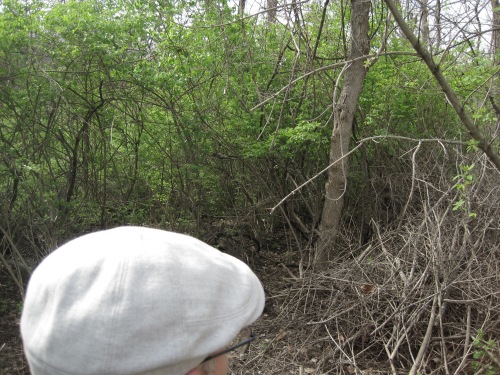
Assumption: The expanding saturation frontier of several invasive species shows no sign of being stopped or reversed.

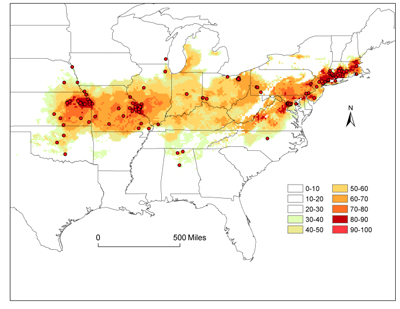
http://stophoneysuckle.org/location/
Assumption: Eventually only areas of active restoration and prevention will maintain traditional natural landscapes
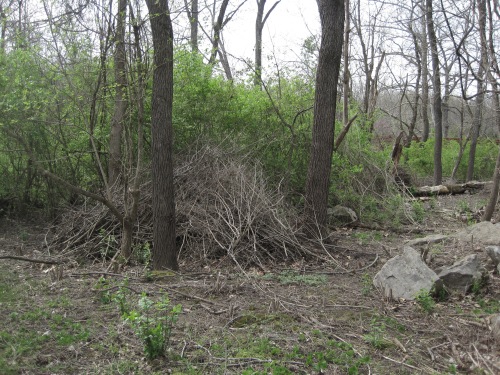
Assumption: People are starting to become more aware of the problem and are fighting back
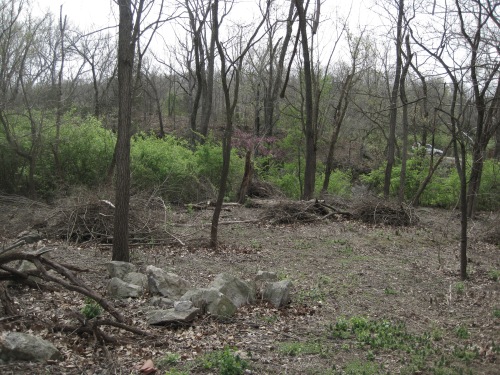
Assumption: Lots of urban acreage currently is lawn. We have an enormous potential to restore and landscape traditional plant communities.
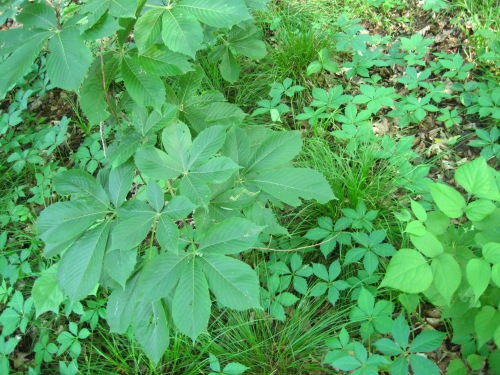
Refugia: Ecological enclaves that preserve threatened or relic species.
YES REFUGIA!!! Why not!!!!!!
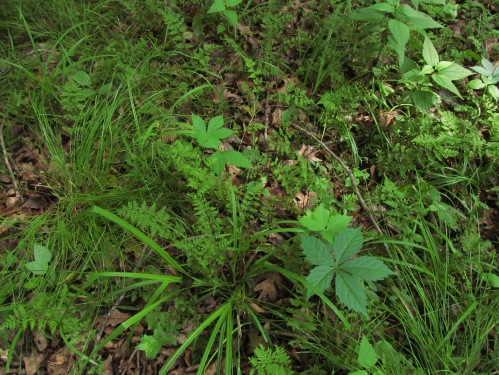
Because it is labor intensive, refugia should be done in urban areas. Cities and suburbs are where people can easily work on preserving our natural heritage while also beautifying their communities.
Replacing lawns that are not actively being used for recreation or transportation offers an enormous potential.

Community civic groups, gardening clubs, nature enthusiasts and hobbyist can cultivate the preservation of native and relic ecology.
Here are some ideas:
Urban restoration areas in parks and common ground – Such efforts should be publicized and used to educate the public
Native Garden clubs – Organizations can aid gardeners and promote native plants. They can showcase native landscaping. Gardening groups can catalog and distribute gardening advice and field notes
Native garden contests / promotions / photo contests. Native gardens can be showcased thru contests, calendars, websites and videos
Cultivating and distributing local native cultivars – Native plants and seeds can be collected and distributed from natural areas before they are developed. Nurseries can offer local varieties of native plants.
Partnerships – Universities can collaborate with landscaping companies in order to develop ecological restoration business models. Public land managers can work with academic and corporate sponsors to promote restoration efforts. Schools can give students opportunities to volunteer and learn about careers in ecology, land management and landscaping.
